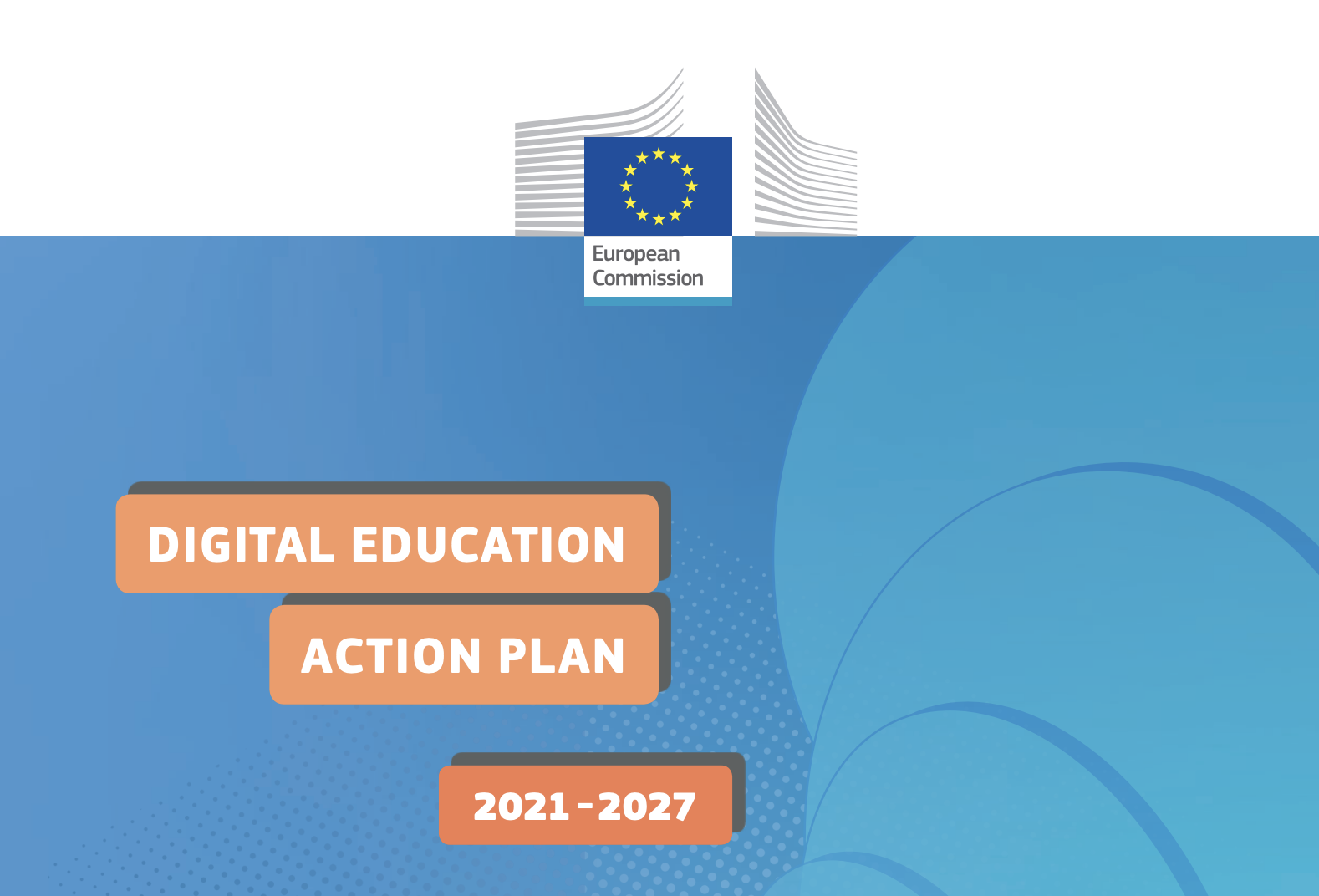The European Commission has published a new Action Plan on Integration and Inclusion for 2021–2027. The plan addresses the barriers that can hinder the participation and inclusion of people with a migrant background.
The plan sets out new actions that build on the achievements of the previous Action Plan (2016), which focused only on third-country nationals. The new plan has a much broader scope, and covers both migrants and EU citizens with a migrant background.
Effective integration and inclusion of migrants are described as a ‘social and economic investment that makes European societies more cohesive, resilient and prosperous’. However, the plan stresses that integration should be a two-way process, with migrants making an active effort to integrate themselves, while being given help to integrate.
The plan proposes four main actions that governments should take to ensure integration and inclusion of migrants within their countries. Inclusive education is listed as one of the four actions, alongside improving employment, access to health services and adequate housing. The plan states that increased participation of migrants in inclusive education and training from early childhood to higher education is essential for successful participation in society. Education systems should also work on facilitating the recognition of qualifications and continued language learning for migrants. Support for these actions will be available from European Union funds.
Find out more on the Commission website, where you can also read the Action Plan in full.
In other news from the Commission, the third European Education Summit took place on 10 December. Tying in with the recently-published Digital Education Plan, the theme of the Summit was ‘Digital Education Transformation’. Speakers included representatives from the Commission, education ministries and other education stakeholders from across Europe.
